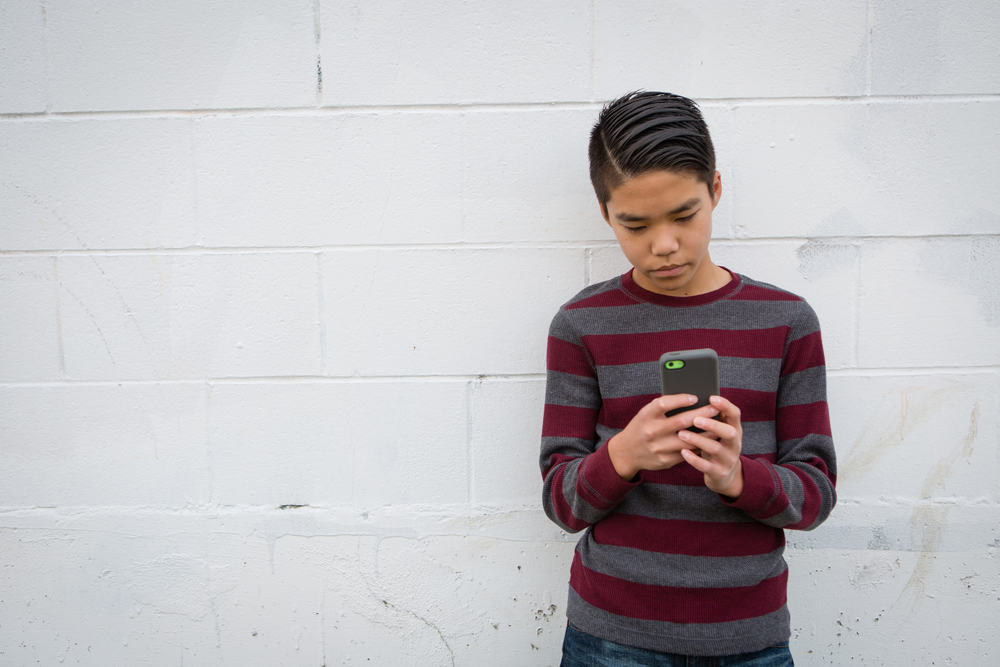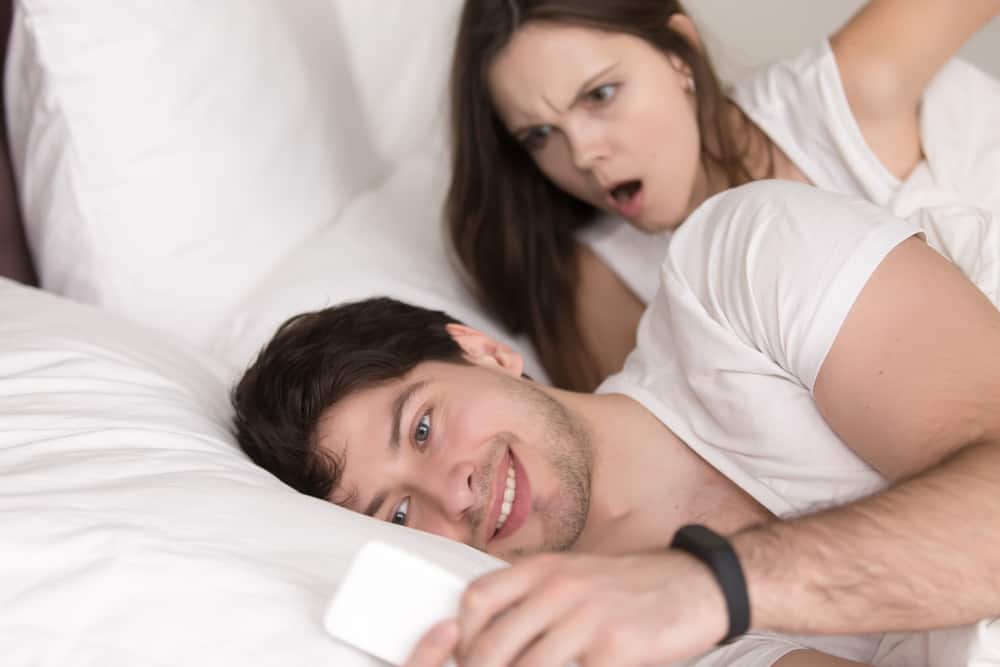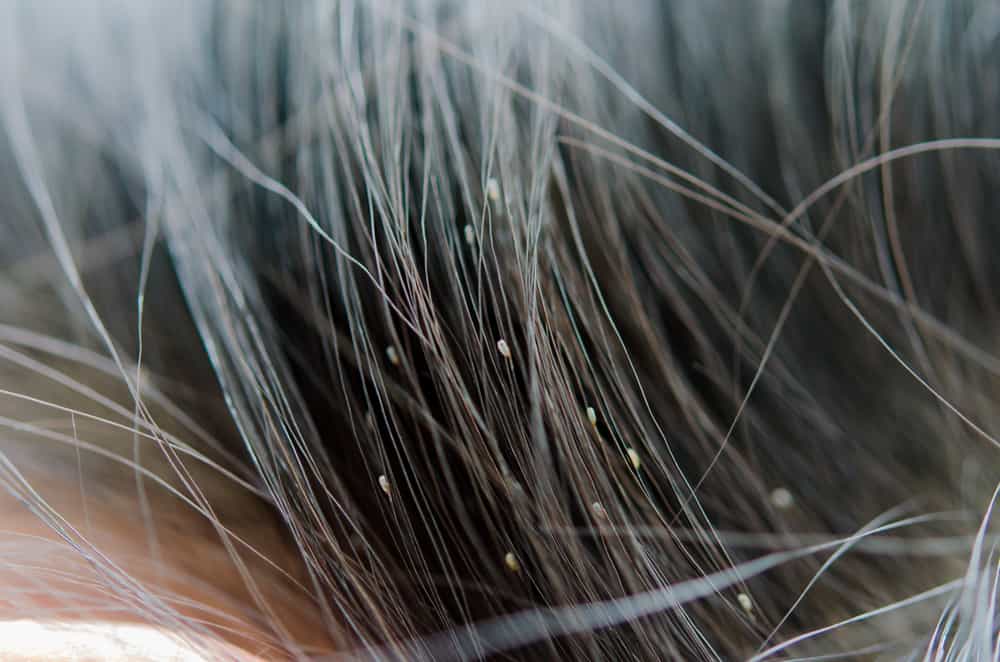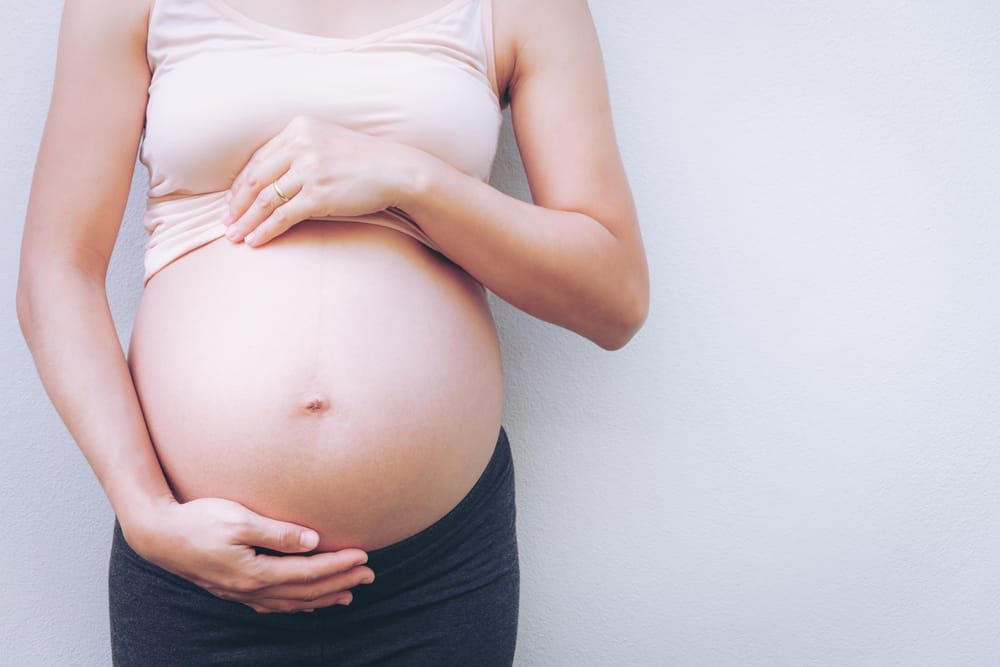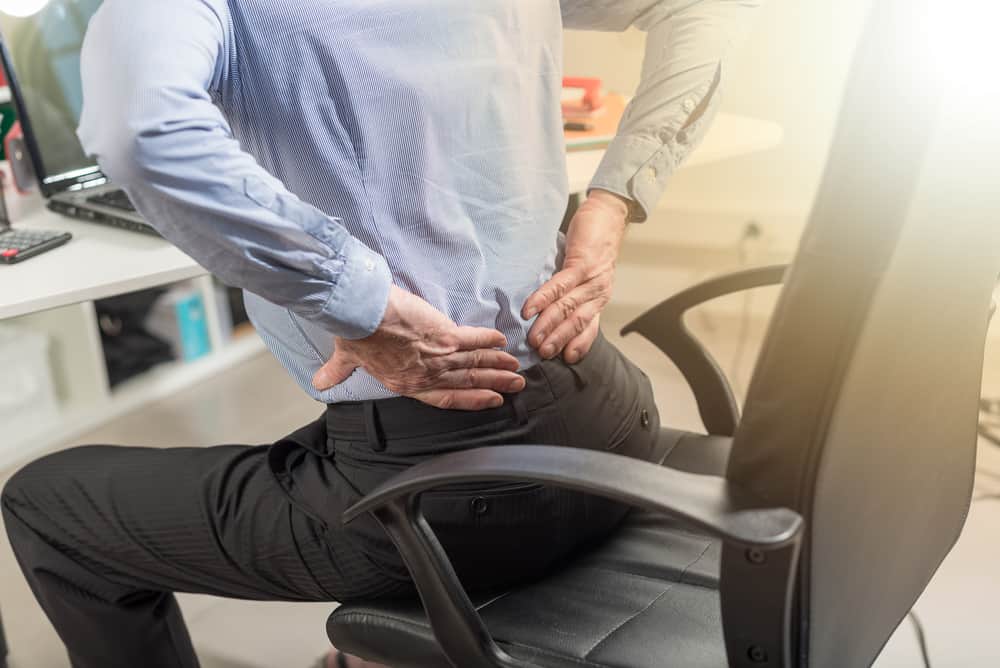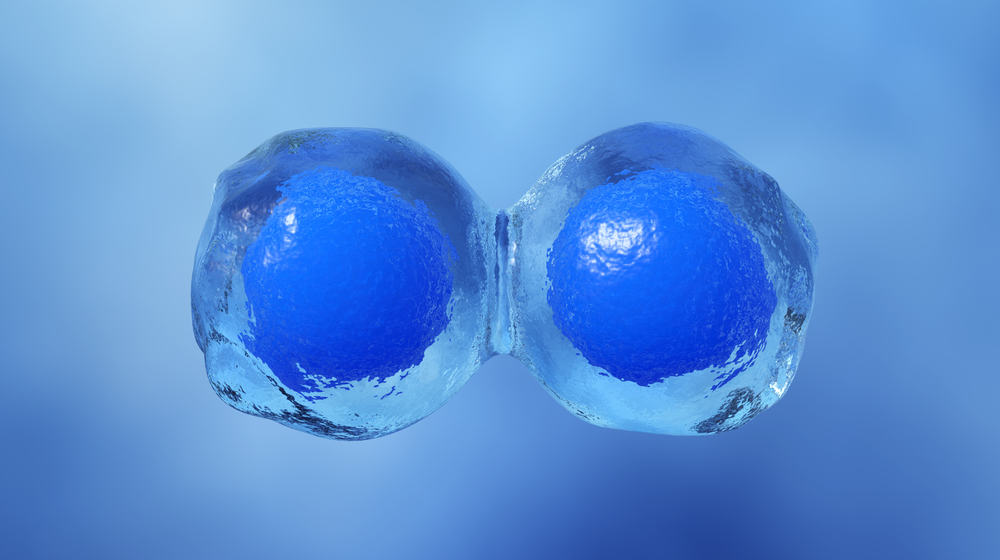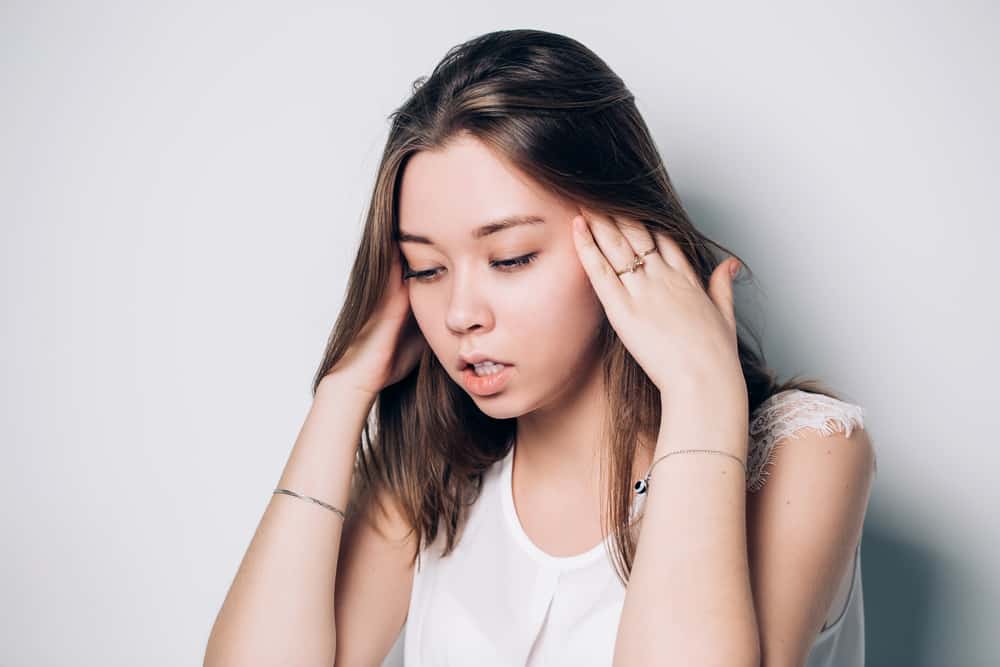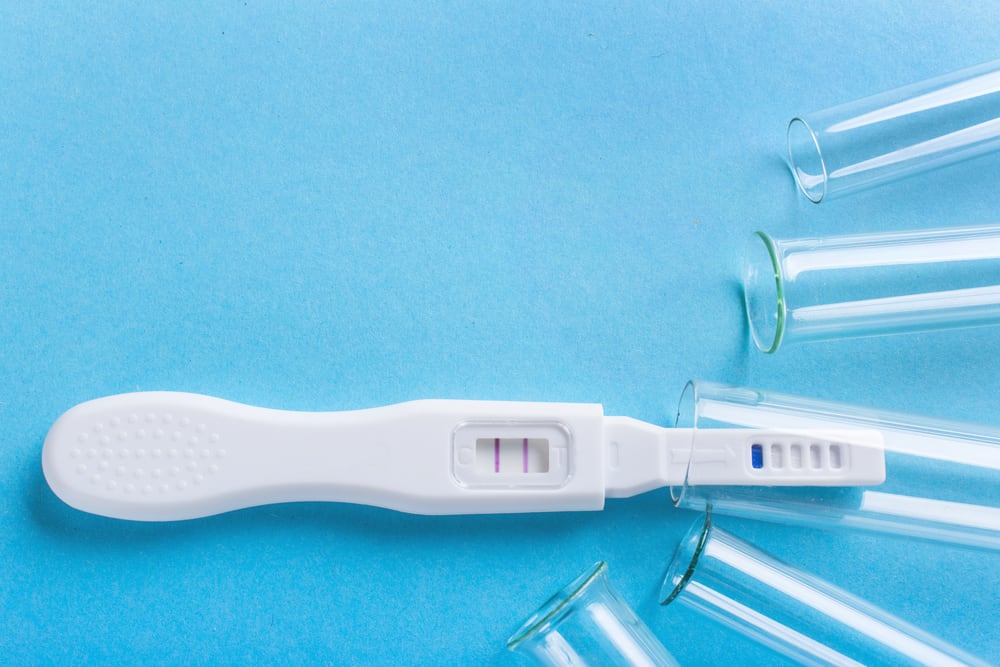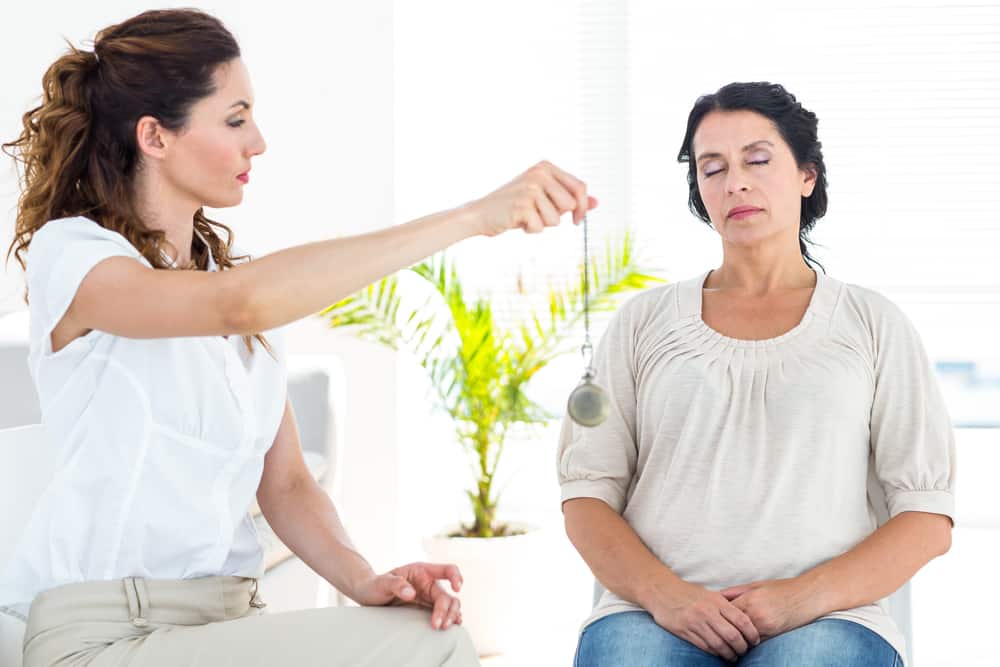Contents:
- Medical Video: Sleepy teens: A public health epidemic | Wendy Troxel | TEDxManhattanBeach
- The social media impact on the quality of teenage sleep
- Teenagers who lack sleep are prone to anxiety and depression
- Not always the impact of social media is negative
Medical Video: Sleepy teens: A public health epidemic | Wendy Troxel | TEDxManhattanBeach
To become a contemporary teenager, his life would certainly not be complete if he was not active on social media. But did you know if it turns out the consequences of being a netizen who is actively singing in cyberspace is not just losing followers, but can also increase your risk of experiencing insomnia and anxiety disorders?
The social media impact on the quality of teenage sleep
Summarized from various studies, the analysis of scientists shows a strong correlation (relationship, not cause) between social media use and sleep disorders. The heavier volume and frequency of social media interactions is associated with the possibility of greater sleep problems. Volume measures the amount of time a teenager spends on social media every day. Frequency measures the number of visits to social media sites for a week, aka how often you log in to the site and interact with other users.
Teens who spend their time interacting in cyberspace almost every time, in terms of volume and frequency are equally high, have a threefold increased risk of experiencing sleep disorders, including insomnia. Researchers have not succeeded in knowing what caused this relationship to arise, but they suspect that there are many factors that play a role behind it.
For example, some people tend to struggle trying to maintain their existence in cyberspace, and then this pressure makes them sleep late at night to sort out and then upload their best photos on Instagram. Others choose to switch to other platforms to interact with other users - by starting a cult or a negative comment war on FB.
These activities ignite the emotional, cognitive, and physiological arousal of the brain, making them feel refreshed to forget sleep. Or maybe, some people actually have difficulty sleeping first so they use social media to spend time until they can go back to sleep.
And even if you are not among the two groups above, become passive netizens just byscroll midnight timeline so as not to miss update it can still disrupt the body's biological clock (circadian rhythm) through bright blue light emitted by the device used to access social media accounts.
When you spend time playing cellphones before going to sleep, the bright rays of the cell phone mimic the nature of the sun's light. As a result, the body's biological clock considers this light as a signal that it is still morning, and therefore the production of melatonin is disrupted. In short, hours of playing HP before going to bed actually make you more enthusiastic so you need more time to finally be able to sleep.
In fact, adolescents in general need more sleep than adults. So the use of social media at night can be very detrimental to their health. Research has shown that teens need to sleep 9.5 hours every night but on average only get 7.5 hours. Lack of sleep can make children tired, irritable, stressed, and more likely to be easily sick - stricken with cough, runny nose, flu, and digestive disorders such as ulcers and vomiting.
Teenagers who lack sleep are prone to anxiety and depression
The impact of chronic sleep deprivation can increase the risk of teenagers experiencing depression. The reason is that adolescence is basically a period of vulnerability for children to develop long-term mental health issues. Especially if added to the fulfillment of the need to always be encouraged on line in social media that has long been associated with a decrease in the level of confidence, as well as an increased risk of anxiety and depression.
The frequent use of social media among children and adolescents has also been associated with many studies with increased levels of psychological stress. All of these factors can be interrelated to trigger and / or exacerbate depression in children.
According to Heather Cleland Woods, head of research from the University of Glasgow in Scotland, although the use of social media in general has an impact on the quality of sleep, teenagers who like to go online late at night are more susceptible to all these health risks. This is especially more likely to apply to highly dedicated individuals devoting themselves to engaging in cyberspace emotionally.
The report above is also reinforced by findings from several studies of its predecessors. One study published in 2015 in the journal Cyberpsychology, Behavior, and Social Networking found that the frequency of social media use was too frequent in adolescents associated with an increased risk of poor mental health. A study presented at the American Psychological Association meeting in 2011 found a link between adolescent active social media users and the properties associated with schizophrenia and depression.
Higher levels of social media use also increase the risk of adolescents becoming victims of cyber-bullying. Both are associated with an increased risk of anxiety and depression in adolescents.
Not always the impact of social media is negative
Of course, like the two sides of a coin, we also know that social media does not always have a negative impact. Being an active netizen on various social media platforms can provide positive benefits in how to give users a sense of involvement in society, feel not alone, feel more supported, and have hope.
At the end of the day, the bad effects of social media on adolescent growth and development will vary for each person, and return to the importance of finding a healthy balance in interacting in cyberspace and in the real world.

